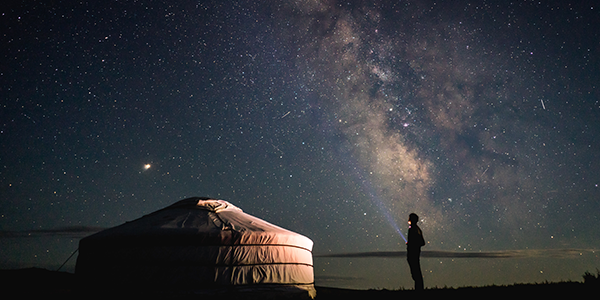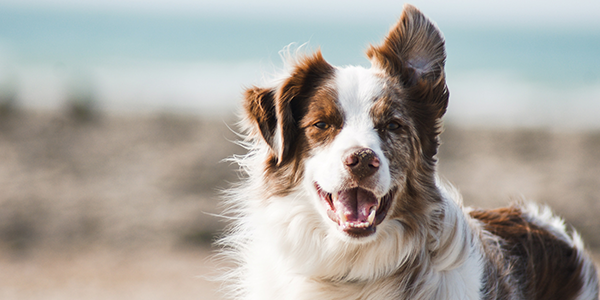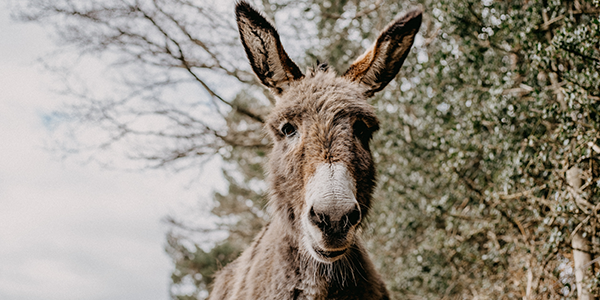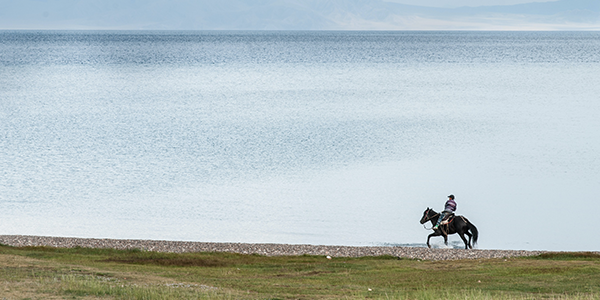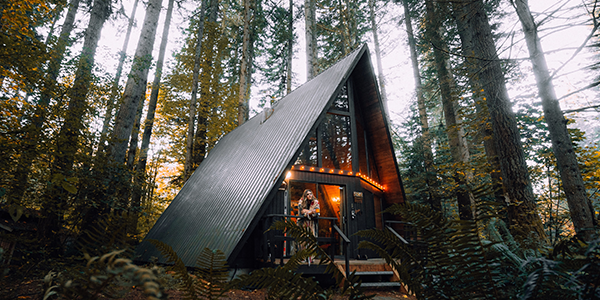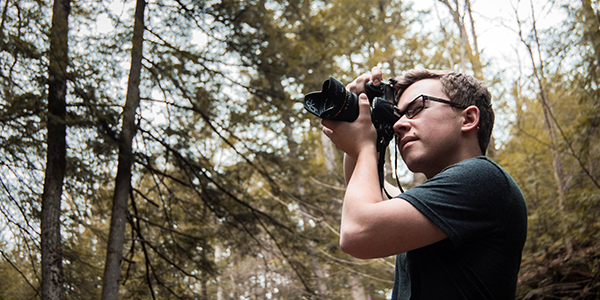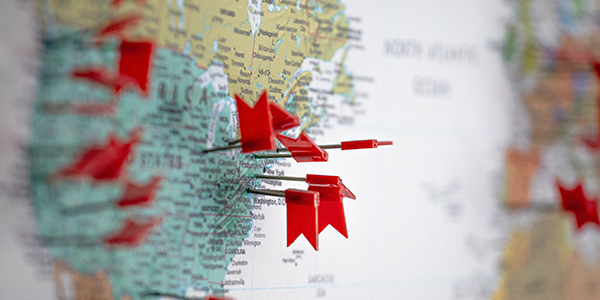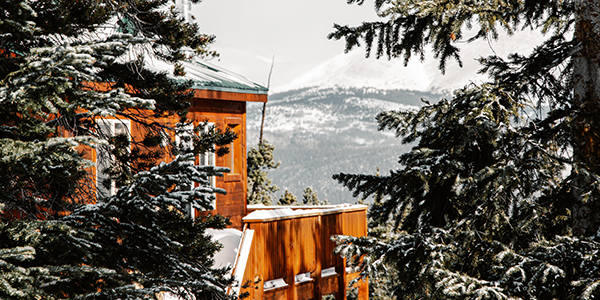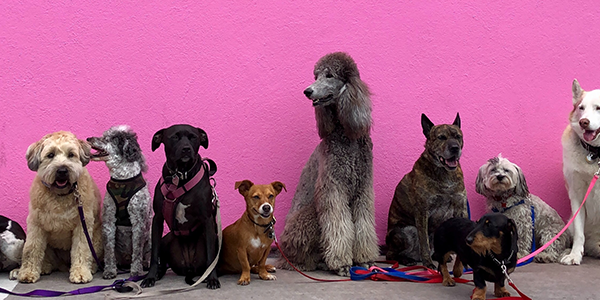Going on vacation or looking for a place to stay over a long weekend? Getting connected with nature is a great way to refocus and recharge after months of grueling work. Colorado has a ton of great bed and breakfasts that can connect you to nature. Continue reading for some great Colorado bed and breakfasts. Or check out this article on the best AirBNBs in Colorado. Also, if you are looking for a horse property for sale in Colorado, contact Colorado Horse Property today and speak with one of our horse-person realtors.
Colorado Bed and Breakfasts Connected to Nature
What better way to experience the Colorado Rockies than in a yurt? There’s a bed and breakfast yurt in Unaweep Canyon that has great accommodations. It can sleep up to six and includes Wi-Fi, heating/AC, microwave, and mini fridge. The canyon is unique because two creeks, East Creek and West Creek, flow out of opposite ends of the gorge. It is a breathtaking view! Search AirBNB for Unaweep Yurt.
Or what about a trip down to Fairplay? Fairplay is famous for being the inspiration to the TV show South Park. Not only is there a South Park City museum you can visit, there are also opportunities to go hiking and fishing up in the nearby mountains. Mosquito Range is in the area, featuring several 14ers and 13ers to check out. The tiny house can sleep three and includes heating, AC, Wi-Fi, community hot tubs, a full bath, and a kitchen with a cooktop and fridge. Search AirBNB for Fairplay Tiny House.


